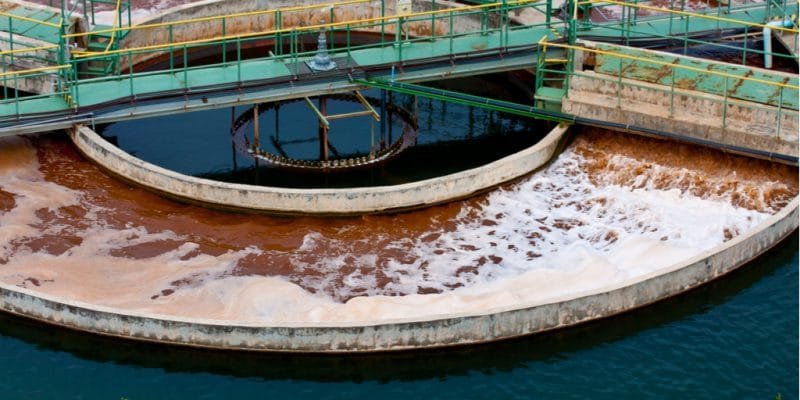Khenchela wastewater treatment plant in Algeria is set for rehabilitation. Directorate of Water Resources (DRE) of the wilaya of Khenchela confirmed the plans and said a sum of US $1.2M will be invested on the project.
The project aims to address the malfunctions that impact the production capacity of the treatment plant of Khenchela. The public body has entrusted the execution of the works to Algerian company Inter Enterprise, who will modernize the defective installations allowing the plant to reach its initial capacity of 17,000 m3 per day.
The Khenchela wastewater treatment plant has been operational since 2008. The treated wastewater from the plant is distributed to farmers for plantation irrigation. With water stress (a consequence of drought) intensifying in Algeria, it is necessary to rely on non-conventional water resources, especially since the Intergovernmental Panel on Climate Change (IPCC) still predicts significant heat waves, with longer dry seasons and shorter cold seasons in the coming years.
READ:Timimoun wastewater treatment plant to be operational by end of January
Project’s benefits
In Khenchela, wastewater treatment will also contribute to the preservation of the resource against pollution. The DRE of the wilaya has given a deadline of 12 months to Inter Enterprise to complete the rehabilitation of the station Khenchela.
After the reactivation of the treatment plant of Khenchela, there are now three plants of this type that will be operational in this wilaya. Khenchela has two other wastewater treatment plants. The treatment plant of Kaïs which has a capacity of 7 200 m3 per day. The treated effluents are intended for the irrigation of about 300 hectares of agricultural land in the councils of Kaïs and Remila. The other functional facility is that of Sebikha, in the council of El Mahmal in Khenchela. The plant is capable of treating 6,300 m3 of wastewater per day. The resource is also intended for irrigation.

